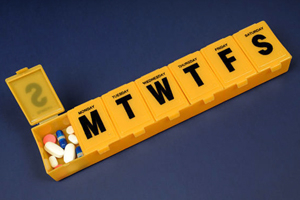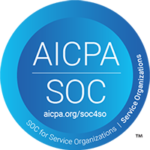

While cost may be the biggest barrier to medication adherence, it’s not the only factor. Could be something as simple as forgetfulness, which tends to increase when a patient has to manage multiple medications in their medicine cabinet.
Regardless of reason, medication nonadherence leads to reduced quality of life, poorer condition management, increased hospitalization and emergency room visits, and unnecessary deaths. Consider:
- There are between $100 billion and $300 billion in avoidable healthcare costs attributed to nonadherence in the US every year
- A diabetes patient with low adherence produces nearly twice the annual healthcare spending ($16,499) as one with high adherence ($8,886)
- 125,000 deaths are caused by non-adherence annually
What Can We Do?
A recent New England Journal of Medicine article pointed to three areas along a patient’s path where adherence can break down:
- Initiation, when the patient takes the first dose
- Implementation, how well the patient’s actual dosing regimen (e.g., taking the medication as directed from the first dose until the last dose) matches what was prescribed by the provider
- Discontinuation, when a patient stops taking the medication for any reason, either with or without the guidance of their provider
Rx Savings Solutions was founded to make it easier for people to afford the drugs they’re prescribed, a big contributor to adherence. We’ve since developed two companion features that promote adherence at all three stages listed above.
We all know how helpful a simple list can be vs. trying to remember all the things we have to do. And it helps to have someone or something to give us a nudge.
Medicine Cabinet organizes a member’s prescriptions into one virtual, visual display for easy tracking, awareness and budgeting. All medication names, strengths, dosages and quantities are populated automatically from claims, so no manual entry is required—and no chance for clinical errors.
Medication Reminders allows members to set convenient text or push notification prompts for taking items in their Medicine Cabinet on schedule. Set it, and they’ll never forget it.
Yes, a friendly reminder can go a long way. Americans have a long way to go to improve our medication adherence, but a combination of better pricing, proactivity and a patient-centered approach will lead to better health outcomes for all of us.



